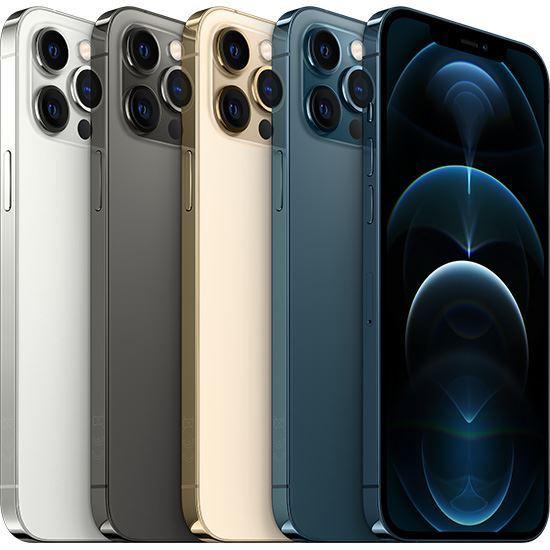iPhone 12 Pro Max Price in Egypt A smartphone is a portable device that combines mobile phone and computing functions in one unit. They are distinguished from basic phones by their powerful hardware capabilities and rich mobile operating systems, which facilitate the use of software, Internet (including browsing the Internet through mobile broadband), multimedia functions (including music, video, cameras, and games), along with basic phone functions. Such as calls, voice messages and text messages.


Smartphones typically contain a number of MOS chips, and they include various sensors that can take advantage of pre-built third-party software (such as magnetometers, proximity sensors, barometer, gyroscope, accelerometer, etc.), and support for wireless communication protocols (such as Bluetooth or Wi-Fi or satellite navigation) early smartphones were marketed primarily for the business market, in an attempt to link the functionality of standalone personal digital assistants (PDAs) to cellular phone compatibility.
But it was limited by a huge form factor, short battery life, slow analog cellular networks, and immature wireless data services. These problems were eventually resolved through exponential scaling and miniaturization of MOS transistors down to sub-micron levels (Moore's Law), an improved lithium-ion battery, faster mobile digital data networks (Edholm's Law), and more mature software platforms. Developing Hardware Ecosystems Regardless of the data providers, improved hardware and faster wireless connections (due to standards like LTE) have fueled the growth of the smartphone industry. In the third quarter of 2012, one billion smartphones were used worldwide.
the answer
22 thousand pounds